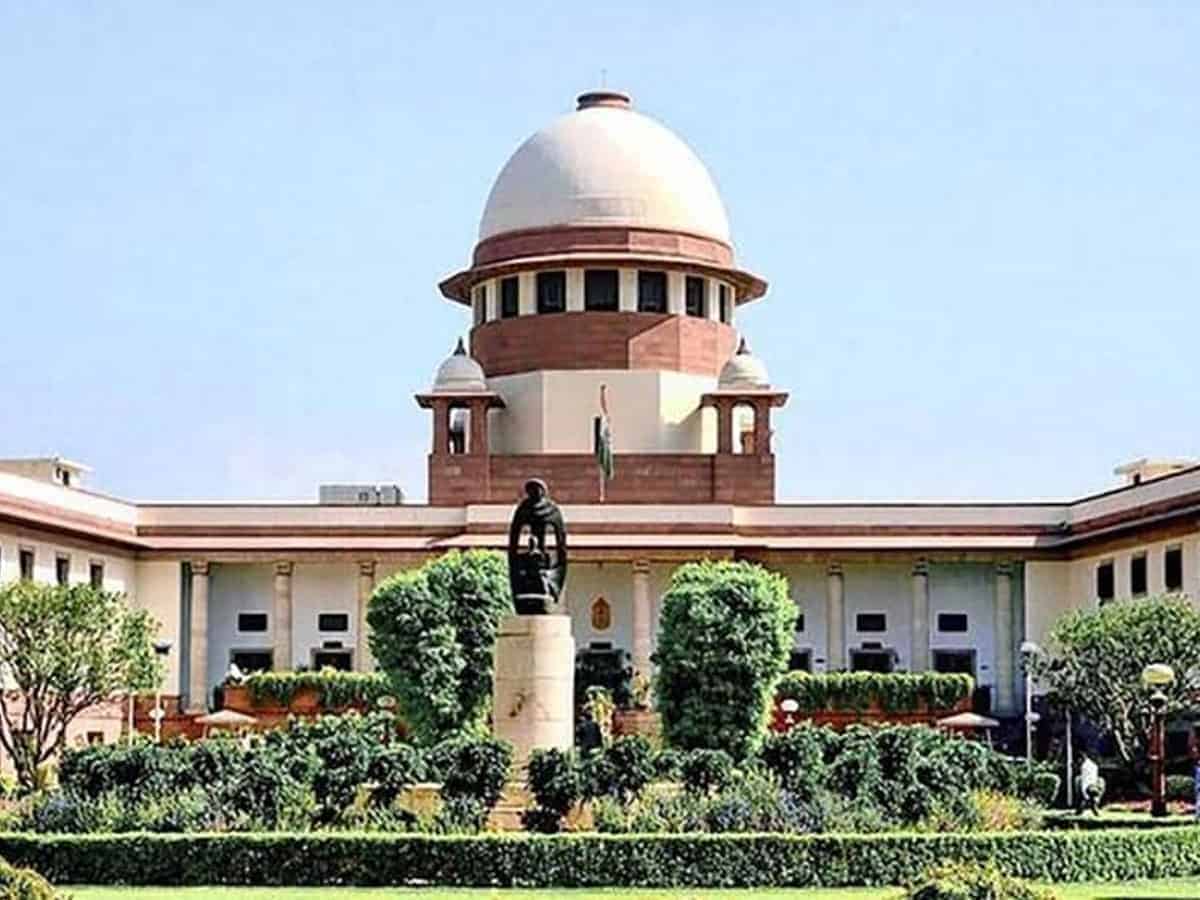
Hyderabad: The Supreme Court has expressed deep concern regarding the extensive use of the Preventive Detention (PD) Act in the state of Telangana.
The apex court commented, that police officers responsible for maintaining law and order should also protect citizens’ fundamental rights and freedoms.
In the midst of India’s 75th Independence Day celebrations during the ‘Azadi Ka Amrit Mahotsav,’ the Supreme Court criticized the Telangana police for what it described as an “over-enthusiastic” application of the PD Act, leading to the incarceration of numerous young individuals.
It was noted that some police officials were employing the PD Act in ways that infringed upon the rights and liberties of citizens.
The court’s comments came during a hearing of a petition filed by the wife of a Hyderabad-based youth named Salman. She sought relief from the Supreme Court after not finding any recourse in the Telangana High Court.
The bench, comprising Justices Surya Kant and Dipankar Datta, strongly rebuked the Telangana police’s approach, reminding them that lawmakers had designed the law to be employed in unavoidable situations, not arbitrarily.
The Supreme Court, while stressing the significance of upholding citizens’ rights enshrined in the Constitution, referred to Articles 14, 19, and 21, including the right to freedom of expression.
The court highlighted that every citizen is equal in the eyes of the law and enjoys fundamental personal freedoms guaranteed by the Constitution of India.
Additionally, the Supreme Court stressed the need for courts to scrutinize the arguments presented by enforcers of the PD Act, highlighting that the misuse of such a law posed a threat to the liberty of citizens.
In essence, the court called for a revaluation of the distinction between maintaining law and order and maintaining public order in the state’s policing activities.



